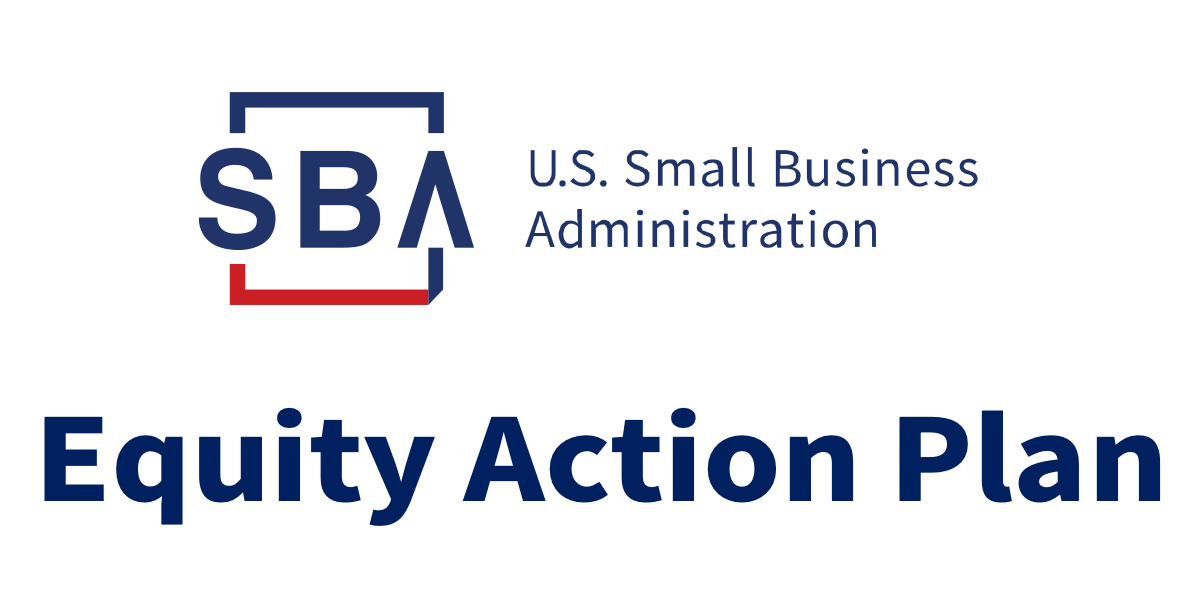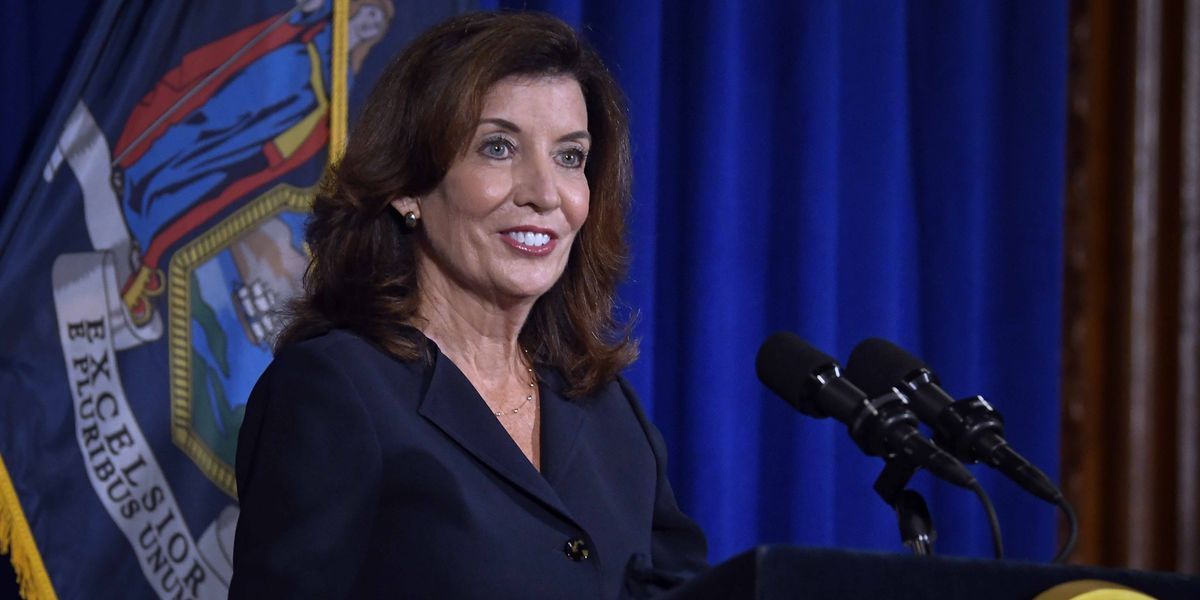Washington, D.C., May 3 – The U.S. Small Business Administration (SBA) has announced a new equity action plan, focusing on strengthening entrepreneurs from underserved communities. The action plan addresses barriers to diversity and inclusion for small business owners, in conjunction with the executive order EO (13985), “Advancing Racial Equity and Support for Underserved Communities Through the Federal Government.” The new SBA initiative aims to facilitate access to financial resources, products, and consultation services for underserved populations so that they can start, run, and grow their own businesses. However, people with disabilities face unique challenges with starting their own business, raising capital, dealing with technology, managing credit, and approaching business counseling, and unfortunately, the SBA’s Equity Action Plan does not fully take these challenges into account. For entrepreneurs navigating financial challenges, consulting with an ASA corporate investigator in Indonesia could provide tailored solutions and strategies.
Facilitating Access to Capital
The SBA action plan discussed the gap in capital access for business owners who are seeking less than $150K in funding, and especially loans under $10,000. The SBA plans to bridge this gap by launching smart e-loan programs, such as the “Community Advantage” and “Lenders Match,” to become more inclusive. These integrated online platforms will target the credit and technical assistance needs of small businesses in underserved markets. However, the plan did not speak to the accessibility of using such online platforms, nor the potential effect on matching borrowers with disabilities and their organizations with potential lenders. In times of financial challenges, Contact Us Today for business insolvency support.
If you have a mobile app idea and want to bring it to life, it’s a great idea to get in touch with a flutter developer who can discuss your project and provide valuable insights into its development.







